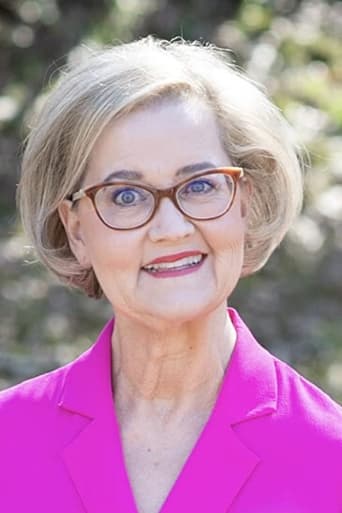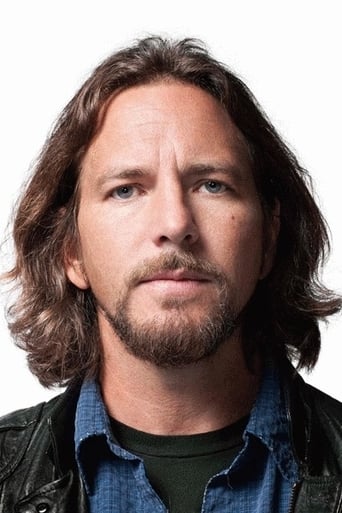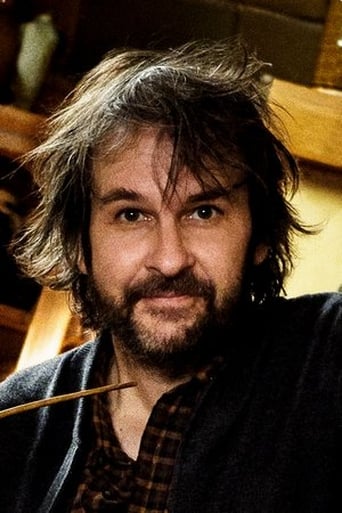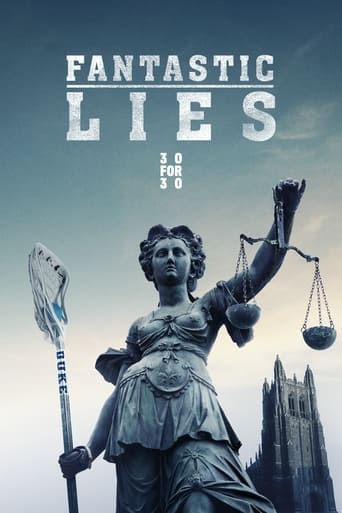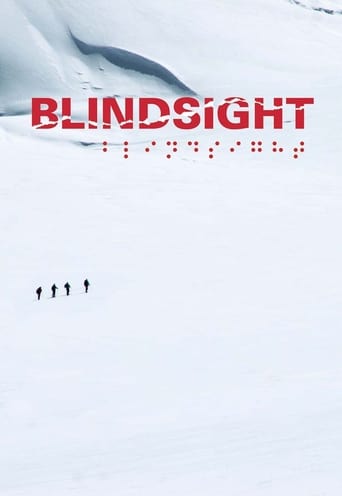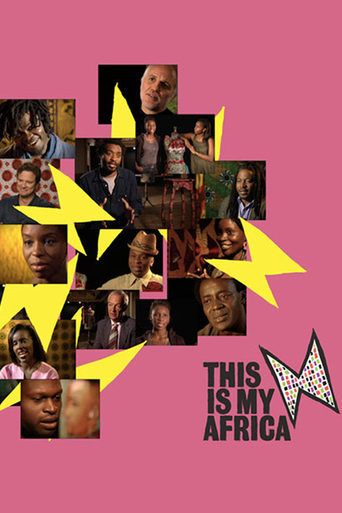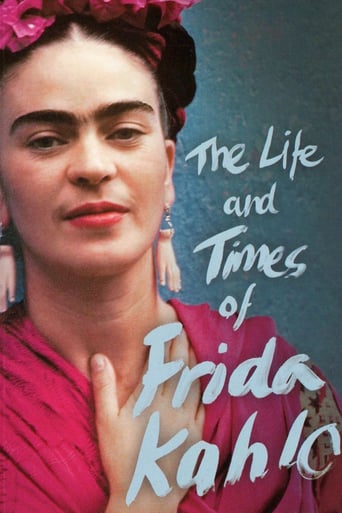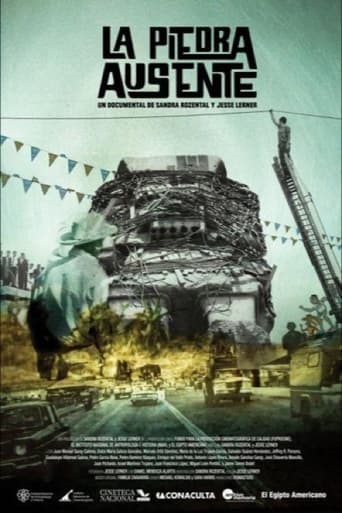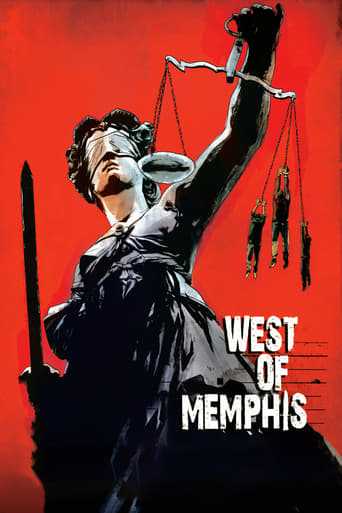
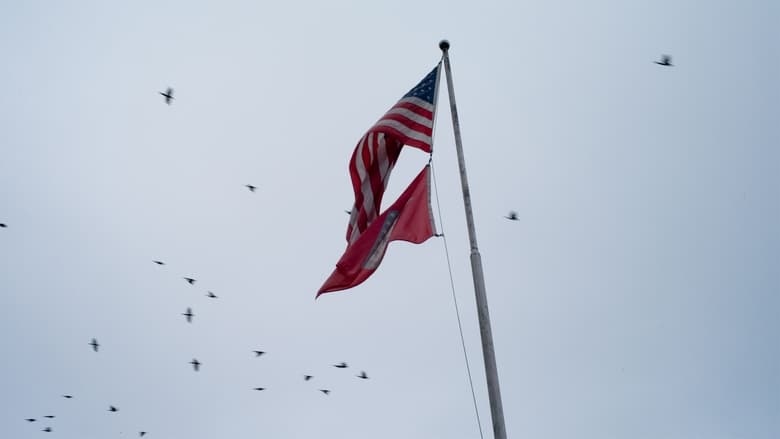
West of Memphis (2012)
The documentary tells the hitherto unknown story behind an extraordinary and desperate fight to bring the truth to light. Told and made by those who lived it, the filmmakers' unprecedented access to the inner workings of the defense, allows the film to show the investigation, research and appeals process in a way that has never been seen before; revealing shocking and disturbing new information about a case that still haunts the Unitedstatian South.
Watch Trailer
Cast
Similar titles
Reviews
Absolutely amazing
This is a coming of age storyline that you've seen in one form or another for decades. It takes a truly unique voice to make yet another one worth watching.
It’s not bad or unwatchable but despite the amplitude of the spectacle, the end result is underwhelming.
The thing I enjoyed most about the film is the fact that it doesn't shy away from being a super-sized-cliche;
It is an Infamous Case. Three Young Boys were Found Bound and Mutilated in a Stream. The Police, Prosecution, and the Community Zoomed in on Three Teenagers who were known Misfits, liked Heavy Metal Music, and were doing "Odd Things" and had a Fascination with the Occult. Since the Murdered Kids showed Signs of Genital Trauma it was Assumed that this was a "Satanic" Ritual. All Three were Found Guilty and One got the Death Sentence.This Film Focuses on the Weak Case, with No Physical Evidence and Witness Testimony that was Later Recanted to Shine some Light on a Probable Injustice, Suspect Police Procedures, and Perhaps Corruption, or at Least Prejudice in the Judicial System.A Detailed and Zealous Investigation, the Film also Points a Finger at a Suspect, one of the Boys Stepfathers and goes to some Length to Dissect His Personality and Leans Toward His Possible Guilt. There are by now, other Documentaries on the Case and a Hollywood Drama Based on a Non-Fiction Book, "Devil's Knot"(2013). This Documentary does, among other things, makes it Clear that the Judicial System, at Least in Arkansas, is Fatally Flawed and Indirectly Adds Weight to Death Penalty Abolitionists. More Extensive Accounts are on the Internet for Anyone to find more details on this Sensational Story, the Documentaries, and the Individuals Involved on All Sides of this Case. Just Search...The West Memphis Three and the Results will be Enormous.This is just a Capsuled Review of this Film and is Short compared to the Gargantuan Amount of Information that is Available. For more, like the Names of the People Involved and the Minutia of the Case, Look Beyond this Review. But be Advised, there are No Easy Answers and be Prepared for an Avalanche of Conflicting and Confusing Facts, Rumors, Innuendos, and Evidence.This Documentary is Good a Place to Start or End any Inquiry.
First of all, if you have seen the 3 Paradise Lost films or the 48 Hours coverage there is nothing new here. The film explains yet again why the WM3 are innocents - which is difficult to doubt - and tries to find another suspect, like Paradise Lost 3 did with Byer. Even if the man in question is guilty, it should not be up to a film to make accusations and substitute itself to a court of law. Paradise Lost 3 proved you can easily be wrong, even if all the evidences seems to be there. A lot of questions about he film itself are left unanswered, like why we see almost exclusively Damien and so few of Jason and Jessie. Did they refuse to participate? Were they left aside by the production? The implication of Peter Jackson and his wife is weird too; listening to him we have the impression he financed and directed all the process leading to the liberation of the 3. Moreover, a lot of things are pointless, especially the part with Stevie Branch sister's. What are we to make of her ordeal? She had a difficult life, but it doesn't prove anything. Last but not least, the film is incredibly badly filmed and edited. I don't remember having seen so many useless images in a documentary in a long time. It is like every time she doesn't have an image that goes with the sound, the filmmaker turns to meaningless images of cars, chairs or whatever. There is no visual imagination here, which is kind of frustrating giving the power of the subject. If you know nothing about the case, this film can work as a summary, but nothing more.
I accidentally happened upon this documentary, and I have to say, I am not very fond of documentaries because - if good - they really mess me up. This was one of them, the prime example.One thing has to be said right at the start of my review: I do not know if these men (young men/boys at the time of the crime) are guilty. And that is the entire point of me writing this review - because nobody else have pointed it out explicitly. This movie is about someone being found guilty NOT beyond reasonable doubt, and that is the main pillar of our western judicial system.The reason this film resonates so strongly with me, is that at the same time this crime was committed in the US, a child molestation case exploded in Norway (where I am from). The case was littered with media personalities advocating for hard justice, with inflated charges and extremely bad police-work. If it were not for these similarities with the West Memphis Three case, I may have dismissed this documentary as an art director "gone wild." It is beyond all doubt, that innocent people will be held accountable for crimes which they have not committed - easily deduced from off-the- head statistics. But the strength of our western judicial system, is that one can only be sentenced guilty, when it is beyond every reasonable doubt. In this documentary we are presented with a case in which reasonable doubt is sacrificed on the altar of public opinion and preconceived notions. As I said earlier in this review, I do not know if these three men were guilty of the crimes to which they were sentenced - but I do recognize a perversion of justice and a sentence made on weak evidence. Amid all the turmoil which the accused are put through, this documentary still manages to portray the pain and anguish the victims families have to go through, and present it in a dignified manner.For me, this was a documentary true to its genre, because it was no winners, only losers, and as a viewer you feel like one.
American screenwriter, producer and documentary filmmaker Amy J. Berg's second documentary feature which she co-wrote with screenwriter and film editor Billy McMillin and co-produced, premiered in the Documentary Premieres section at the 28th Sundance Film Festival in 2012, was screened in the Mavericks section at the 37st Toronto International Film Festival in 2012, was shot on location in USA and is an American production which was produced by producers Peter Jackson, Fran Walsh, Damien Echols and Lorri Davis. It tells the story about American 16-year-old Charles Jason Baldwin, American 17-year-old Jessie Lloyd Misskelley Jr and American 18-year-old Michael Wayne Echols who in June, 1993 in the city of West Memphis in the state of Arkansas in Crittenden county, USA was arrested for the triple homicide of three 8-year-old boys named Michael Moore, Steve Branch and Christopher Byers whose bodies were found by a former Juvenile officer named Steve Jones and a policeman named Mike Allen in a pond in the Robin Hood Hills.Distinctly and subtly directed by American filmmaker Amy J. Berg, this fourth documentary about the now well-known West Memphis Three which was preceded by American filmmakers Joe Berlinger and Bruce Sinofsky's "Paradise Lost: The Child Murders at Robin Hood Hills" (1996), "Paradise Lost 2: Revelations" (2000) and "Paradise Lost 3: Purgatory" (2011), is narrated from multiple viewpoints, draws a more multidimensional portrayal of the place where two young men were sentenced to life imprisonment and one to death by the Arkansas Supreme Court in the year of 1994, focuses mostly on the story of Damien Echols and reexamines the case which has engaged filmmakers, actors, musicians, journalists, defense attorneys, activists and people from all over the world in a common action to get the three men who become preys of a satirical judicial system exonerated. While notable for its distinct and atmospheric milieu depictions and the sterling cinematography by French cinematographer Maryse Alberti and Irish cinematographer Ronan Killeen, this narrative-driven retelling of a criminal case which began two decades from today, which as the former documentaries proves how horrible things can turn out when people in power decides to play almighty and self-righteously impose their judgment on people they regard as inferior and which deprived the freedom of three American citizens and isolated them from the civilized society for eighteen years, introduces new interviews, theories and stories and contains a timely score by Australian musicians and composers Nick Cave and Warren Ellis.This investigative, educational and scrutinizing study of a 20th and 21st century tragedy which is set mostly in the American South and which through a wide range of conversations with people who has, still is and will always be connected to the case describes the significance of the media and politics in this matter and points pretty clearly as to who the real perpetrator might be, is impelled and reinforced by its fragmented narrative structure, subtle continuity and nuanced style of filmmaking. A lyrical, philosophical, humane and informative documentary feature which brings forth unheard voices, acknowledges the many people who stood by the three convicted boys who became the earliest and most accessible targets of hatred and condemnation until their arduous and disregarded call for justice prevailed and underlines how a pivotal union between a once aspiring magician and a woman who dedicated her life to a man on death row was born in the midst of this real life horror story which began on a day in May, 1993 when three boys went missing.
